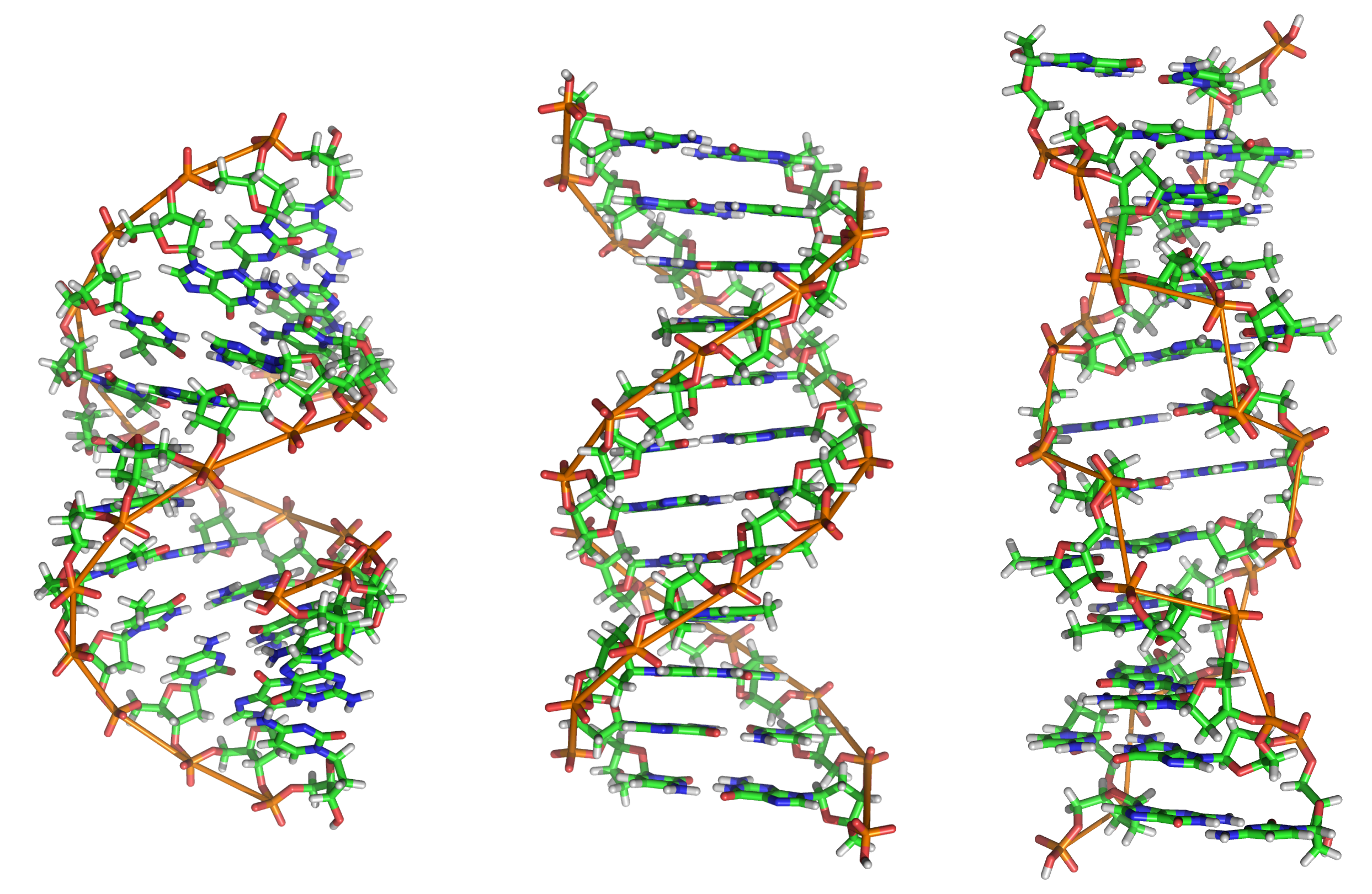Phaxius
Bluelighter
- Joined
- Feb 19, 2013
- Messages
- 54
The evolution of society and culture is based on an intricate relationship between a vast array of factors. It seems major rapid change may be catalyzed more by the introduction of experiences and concepts in a way that promotes a large population to reevaluate and change the structures we have created.
One example is the expansion of technology. Personal computing was an idea that was scoffed at by many in its early stages, but led way to the internet. Now even most representations of money are basically a number on a screen. 30 years ago a computer was more a curiosity for hobbyists.
Even so, generally the restructuring of society is based largely on aspects of what has already been built. Even more profound change may come more from those things over which we as individuals have little or no control (widespread deadly epidemic, global catastrophe, major war, etc).
For altered states of consciousness to have a dramatic and rapid effect on the evolution of society may be quite unlikely on its own. One person can affect global change to some extent, whereas another may have little effect in any noticable way. Even so each of us has some effect on the whole, even if those implications are totally unseen.
Psychedelics certainly can catalyze dramatic change within an individual, but then so can a lot of things. These are not so much in and of themselves anything more than what we make them. Just like no cell outside the body is itself the body as a whole, so too individual experience is but a small part of what may bring change to society.
One example is the expansion of technology. Personal computing was an idea that was scoffed at by many in its early stages, but led way to the internet. Now even most representations of money are basically a number on a screen. 30 years ago a computer was more a curiosity for hobbyists.
Even so, generally the restructuring of society is based largely on aspects of what has already been built. Even more profound change may come more from those things over which we as individuals have little or no control (widespread deadly epidemic, global catastrophe, major war, etc).
For altered states of consciousness to have a dramatic and rapid effect on the evolution of society may be quite unlikely on its own. One person can affect global change to some extent, whereas another may have little effect in any noticable way. Even so each of us has some effect on the whole, even if those implications are totally unseen.
Psychedelics certainly can catalyze dramatic change within an individual, but then so can a lot of things. These are not so much in and of themselves anything more than what we make them. Just like no cell outside the body is itself the body as a whole, so too individual experience is but a small part of what may bring change to society.
Last edited:















